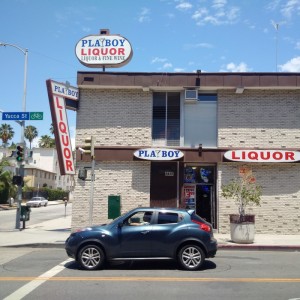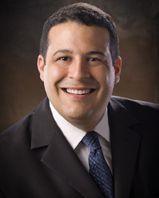
No person shall urinate or defecate in or upon any public street, sidewalk, alley, plaza, beach, park, public building or other publicly maintained facility or place, or in any place open to the public or exposed to public view, except when using a urinal, toilet or commode located in a restroom, or when using a portable or temporary toilet or other facility designed for the sanitary disposal of human waste and which is enclosed from public view.
But a little googling revealed the explanation, among other interesting things. First, public urination wasn’t against the law in the city of Los Angeles until 2003. We’re guessing that there was no pressing need to make it so because vagrancy laws could be used against public urinators as desired until they were definitively destroyed in 1983.1 So maybe outlawing public urination wasn’t as urgent as, e.g., squashing drinking beer in the park (which was outlawed in LA only in 1983) and also, the LA Times suggested that previously public urinators were charged with littering, but that the City Attorney decided that that was bogus. In any case, the Council file on the matter shows, surprisingly, that it took more than four years to get the prohibition passed into law. There doesn’t seem to have been any public discussion of the matter before it passed, either, although it may be just that the online materials from that long ago are fragmentary.
Second, the LA Times article quoted the objections of members of the Los Angeles Community Action Network and other homeless advocates to a law which criminalized essential bodily functions of the homeless, and in response, after the law was passed, according to the Times, “Council members pledged that people would be prosecuted only in cases when there is a public toilet nearby that they failed to use.” So this is why, no doubt, the BID Patrol feels that it has to note the locations of nearby “public” restrooms in its arrest reports. Their weirdo interpretation of the meaning of “public” also shows why it’s necessary to put things like the “public restrooms available” pledge in the law itself. Actually, once the law is passed, it doesn’t matter what Councilmembers say they meant it to mean, it only matters what it says. This is how the rule of law works in a free society. Also, isn’t it very suspicious but unfortunately not surprising that they put the fuzzy-wuzzy warmsy-hugsy interpretation of the law in the paper but not in the statute books?
And that’s not the worst thing about this nonsense. Even if the City Council intended the law to be enforced this way, even if the freaking Mayor ordered the LAPD only to enforce the law this way, none of that would reign in the BID Patrol. They are essentially beyond the control of public policy and beholden only to the written letter of the law.2 As we’ve discussed before, according to LAPD Commander Andrew Smith, if a citizen’s arrest is made, the LAPD must accept custody of the arrestee even if the arrest was made contrary to public policy.
We look at some specific examples after the break, and also provide links to all mentions of the words “public” and “restroom” in both the 2007 and the 2013 BID Patrol arrest reports so you can see for yourself what’s going on.
Continue reading Analysis of Public Urination Arrest Reports Reveals BID Patrol Ignorance of Meaning of Word “Public,” Illuminates Importance of Rule of Law in a Free Society


